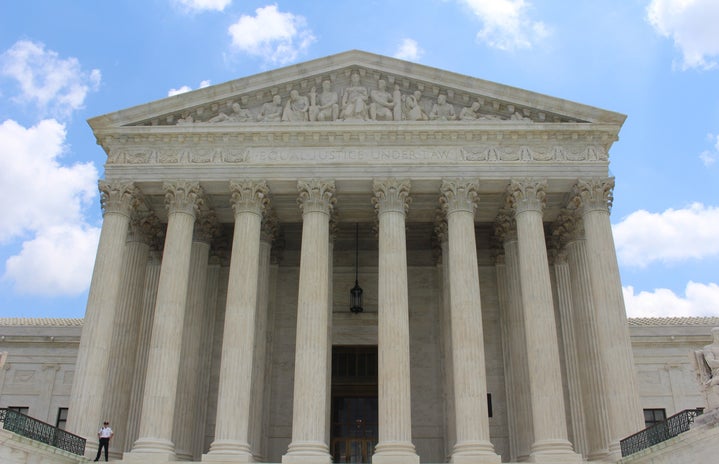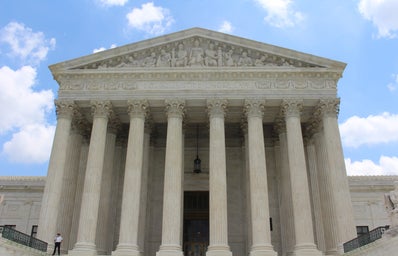Judge Ketanji Brown Jackson’s recent Supreme Court nomination has made one obvious truth all the more obvious: some people will always have to fight twice as hard to prove themselves worthy.
Ketanjj Brown Jackson was nominated by President Joe Biden to become an associate justice on the Supreme Court of The United States this year. The court hearings of her nomination displayed a very disappointing pattern we often see in U.S. politics.
Jackson’s educational and legal career background proves her to be an overqualified nominee for the position. She is a class of 1996 graduate from Harvard Law School, has multiple clerkship experiences and served as a federal public defender.
Judge Jackson, beyond being experienced, well-read and extremely accomplished, outwardly expressed her high-principled intentions behind her work as a judge.
In an expression of love for this country, Judge Jackson shared her very heavy and trying experiences as a Black American woman, getting to where she stands today. This was a very inspiring attempt to display the hope she has for our country.
Unfortunately, it is evident Judge Jackson will be met with the same prejudices and obstacles in the SCOTUS (should she be appointed) and even during the nomination process.
Judge Jackson was asked obsolete, politically-charged and manipulative questions during the live hearings amidst her nomination. She was asked questions that diverted attention away from her profession and onto the divisive political agendas and theories spread by the Republican Party today.
Jackson was asked and accused of using her platform to force her own opinions onto the application of the law as a judge- specifically on topics such as gender expressions and critical race theory, as well as being accused of protecting terrorists and sex offenders.
When asked whether she would respect the precedent rule of previous Supreme Court decisions, Jackson promptly answered yes. While this was treated as the bare minimum, Amy Coney Barrett, a nominated SCOTUS Judge sworn in in 2020, has outwardly spoken against the precedent rule of Roe v. Wade (1973) and has intended to further modify the legality of abortions in America.
Beyond the demeaning and unprofessional nature of the questions Judge Jackson was forced to answer, she was also met with disrespect all around by the others in the courtroom. She was spoken over, interrupted and yelled at throughout the entire process. She did however, manage to remain composed and coherent, unlike those who were asking her questions.
Many people in this country will never know what kind of experiences women like Judge Jackson go through, and how it all impacts a person. Amidst the polarizing politics in the U.S. and the prejudices being upheld by people in power, the most important thing is to not overlook qualified and educated voices. It is even more important when those voices are providing something new to our country’s systems, and are creating progress.
Judge Jackson has displayed, if not vast knowledge and a noble purpose, an exemplary amount of patience. There is much to be learned from Judge Jackson, and the change she will hopefully inspire.
What are your thoughts on Judge Jackson’s nomination? Let us know @HerCampusSJSU

